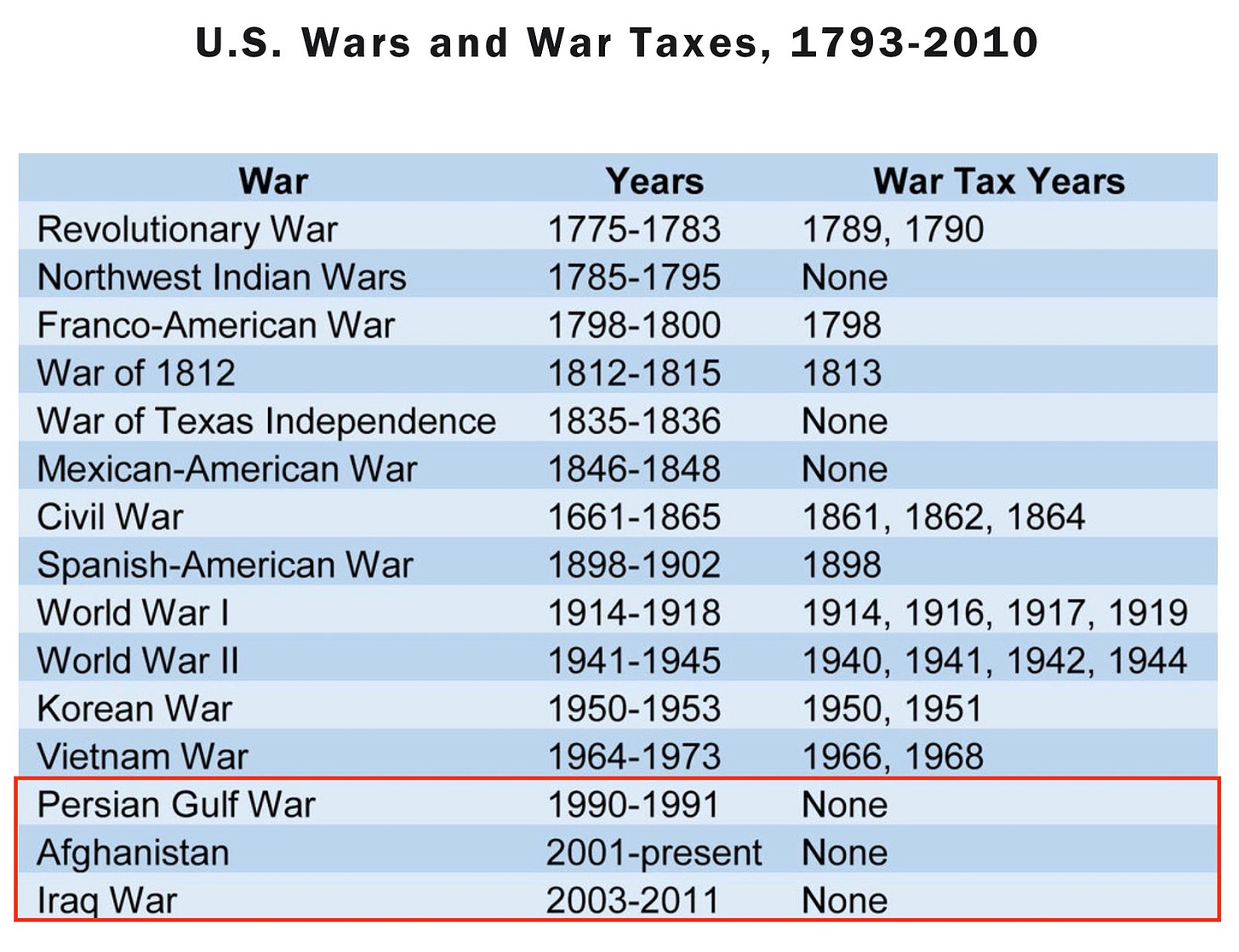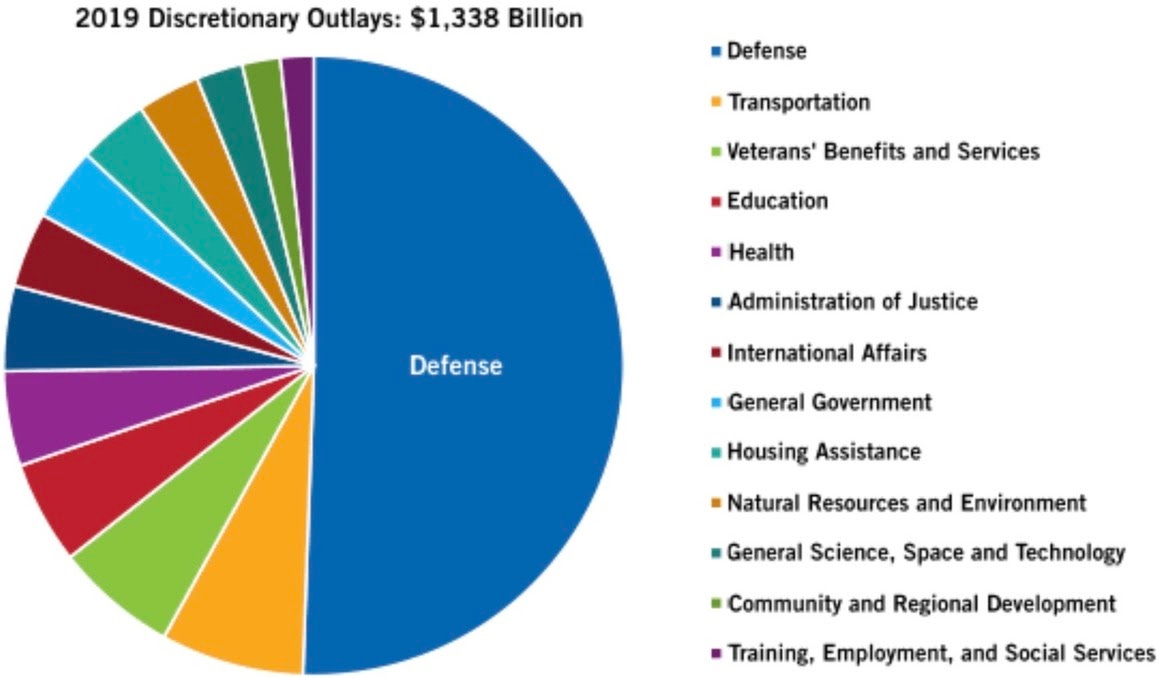A foreign policy assessment of the race in California’s 34th district
Speaking Security Newsletter | Advisory Note for Organizers and Candidates, n°52 | 15 October 2020
Incumbent Jimmy Gomez (CA-34) faces off against progressive challenger David Kim on November 3.
Kim offers a more ambitious/appropriate domestic platform, including provisions related to housing, education, and universal basic income (UBI). But the biggest thing Kim has over Gomez regarding actually implementing Medicare for All or Green New Deal or any other social program is credibility.
The following explains this credibility gap using a foreign policy analysis/comparison.
Three ways to fund social programs (feat. three failures by Jimmy Gomez)
1. Mandatory spending
Medicare, unemployment compensation, and Social Security are among the programs funded through mandatory spending, which accounts for about two-thirds of the annual federal budget. The budget for this stuff is under congressional control, but generally proceeds without annual legislative action (unlike discretionary spending, below).
Even though it would save $450 billion annually in terms of total US healthcare expenditures, enacting Medicare for All would initially require additional mandatory spending. The 116th Congress (this one) voted to institute PAYGO, or the pay-as-you-go rule (Title I of H.Res. 6), that prohibits House consideration for any legislation that adds to the deficit, even if the measure itself would eventually raise revenue or lower costs. In short, PAYGO is a clever way for Democratic leadership to block funding for social programs.
Rep. Ocasio-Cortez naturally voted against it. Jimmy Gomez, along with most other Democrats, voted for this austerity measure.
2. Emergency/supplemental spending
Not all spending plays by the same rules, though. The CARES Act was designated as an emergency provision and therefore exempt from complying with the PAYGO rule.
But progressives measures like the Green New Deal resolution should be granted the same exemption. Climate change is a scientifically-declared emergency, and GND is the most meaningful proposal that’s been introduced in Congress so far.
So if you’re in Congress, the play here is to fight like hell to loosen the establishment’s grasp on what is and isn’t an emergency. Make a scene, etc. During which time you can invoke how none of the US’ recent wars of choice had a PAYGO-style ‘pay for’ plan — they were all allowed to be paid for by the deficit, without PAYGO’s ‘How Do You Pay For It?’ screening process (below). I’m unable to provide any evidence that Gomez thought this was a fight worth having.

^Data from “Political Parties at War” (2013), Gustavo Flores-Macias and Sarah Kreps.
3. Discretionary spending
If Gomez cares about Medicare for All or Green New Deal as much as he says he does, he has by this point dug himself into quite a deep hole. The only recourse he’s got left to fund social programs is the discretionary budget. The discretionary budget is what it sounds like: Congress is free to distribute money how it likes amongst the 12 annual appropriations bills (education, defense, etc.).
This is the budget you look at to discern your representative’s priorities — unlike mandatory spending (Medicare, Social Security, etc.), Congress determines the discretionary budget annually, often on a line-by-line basis.
The challenge for progressives in this (constructed) circumstance is pretty straightforward — broadly, it’s about moving money obligated for defense to non-defense/social programs. This is because defense is where the money’s at:

On July 31, the House passed a spending bill for FY2021 that included all appropriations bills except for two. It resembles the chart above: $1.3 trillion in total, with $694.6 billion obligated for defense (53%). Gomez voted for it. (He also voted for the FY19 iteration, visualized supra.)
So far in this election cycle (2019-20), Gomez has accepted campaign cash from major defense contractors including Lockheed Martin, Honeywell International, and AECOM.
Rolling with David Kim into the 117th Congress
Gomez’s voting record and funding model speak to the larger, institutional problem of money in politics. As it relates to congressional votes on military spending, the more a House Democrat takes from the defense industry, the more likely it is that s/he votes how the defense industry wants them to vote (see “Industry cash, not public opinion, predicts Democrat votes on defense”).
Since this sort of legalized corruption leads to predictable outcomes for programs like Green New Deal, Medicare for All, and UBI, we need to make sure progressive candidates are prepared to disrupt the (brutal/unjust) status quo in a meaningful way.
David Kim is prepared. Three reasons:
His foreign policy platform includes a call to “Re-allocate Pentagon funds away from weapons and towards domestic programs” which describes exactly what we have to do.
Kim’s platform also directly confronts the issue described above, by establishing as a priority “end[ing] the influence of military contractors on elected officials via Campaign Finance Reform.”
He refuses to take money from the defense industry, so we know we can take those first two points seriously. (For a much cooler example of how Kim’s platform intersects with his own behavior, check out what he’s doing with UBI.)
Conclusion
Keep fighting for a better Congress.
Thanks for your time,
Stephen (@stephensemler; stephen@securityreform.org)
Find this note useful? Please consider becoming a supporter of SPRI. Unlike establishment think tanks, we rely exclusively on small donations.



